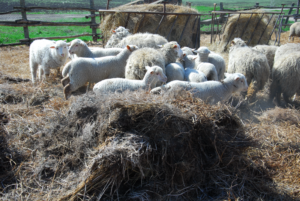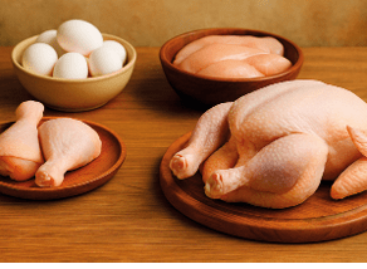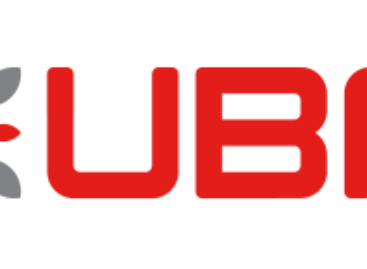The knowledge acquired within the framework of the Eurosheep project can improve the competitiveness of the domestic sheep industry
The EuroSheep project supported by the European Union’s HORIZON2020 program is coming to an end. During the three years of the program, the actors of the sheep industry were able to learn about many international good practices. Participation in the international project and the presentation of the collected good practices can effectively contribute to the development of domestic sheep breeding and to improving its competitiveness.

The EuroSheep project, coordinated by the French Institute of Animal Husbandry (Idele), launched in January 2020, aimed to create an international sheep breeding thematic network that aimed to increase the profitability of the sheep sector through its main focus areas, feeding and stock management, as well as animal health. In three priority age groups, which are ewes, lambs and students. Eight countries – United Kingdom, France, Greece, Ireland, Hungary, Italy, Spain and Turkey – participated in the project. The program, originally planned for 3 years, was extended by half a year, until June 2023, due to the COVID-19 pandemic. Within the framework of the nearly 2 million euro project, in addition to the transfer of already existing good practices, the acquired information and experience were widely disseminated, with the involvement of all interested parties operating in the sheep industry.
On the part of Hungary, the University of Debrecen Agricultural Research Institutes and Teaching Institutes (DE AKIT) joined the project as a partner
In the project work, under the leadership of Dr. János Oláh, senior scientific worker, and Renáta Klein, project coordinator, experts from universities, the Association of Hungarian Sheep and Goat Breeders (MJKSz), the National Chamber of Agriculture (NAK), as well as breeders, producers, scientific specialists, trainers, veterinarians, and consultants took part. part. A number of informative materials have been prepared on the information and experiences gathered during the three and a half year project work, 26 informative data sheets are available on the project website on good practices related to each focus area, in addition to this 53 cost, benefit and sustainability analyzes and 147 on the end-user acceptance of the various solutions an analysis of its evaluation was prepared. As part of the program, so-called e-learning materials were also used to help sheep farmers increase the efficiency of their farming. The sheep sector – both sheep meat and sheep milk production – plays an important economic role in Europe, but the herd has been continuously decreasing since the beginning of the 2000s. The EuroSheep project offered many opportunities for the transfer of scientific and practical knowledge between researchers, consultants, veterinarians and sheep farmers, both internationally and nationally. The program effectively helped to collect and disseminate innovative and best technologies and practices aimed at improving the profitability of the sheep industry, thanks to the many involved sector actors and the interdisciplinary approach, i.e. involving several scientific and specialized fields.
It is hoped that the participation in the EuroSheep international project and the presentation of the collected good practices will effectively contribute to the development of domestic sheep breeding and to improving its competitiveness. More information about the EuroSheep program can be found in NAK’s tomorrow, and on the professional sub-page EuroSheep: Tips, practices for sheep farmers, video materials showing good practices collected by the project are also available.
NAK
Related news
UBM may continue its international expansion
🎧 Hallgasd a cikket: Lejátszás Szünet Folytatás Leállítás Nyelv: Auto…
Read more >Related news
No matter how much you save, food and gadgets always take the money
🎧 Hallgasd a cikket: Lejátszás Szünet Folytatás Leállítás Nyelv: Auto…
Read more >Historic price reduction at ALDI
🎧 Hallgasd a cikket: Lejátszás Szünet Folytatás Leállítás Nyelv: Auto…
Read more >









